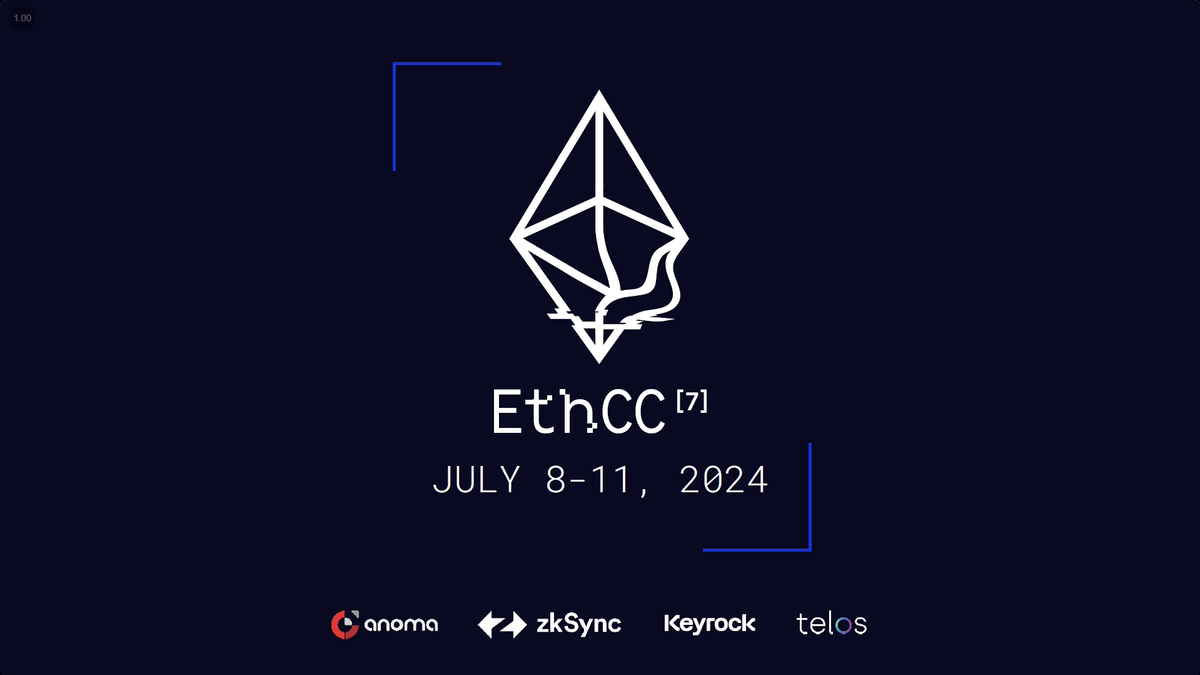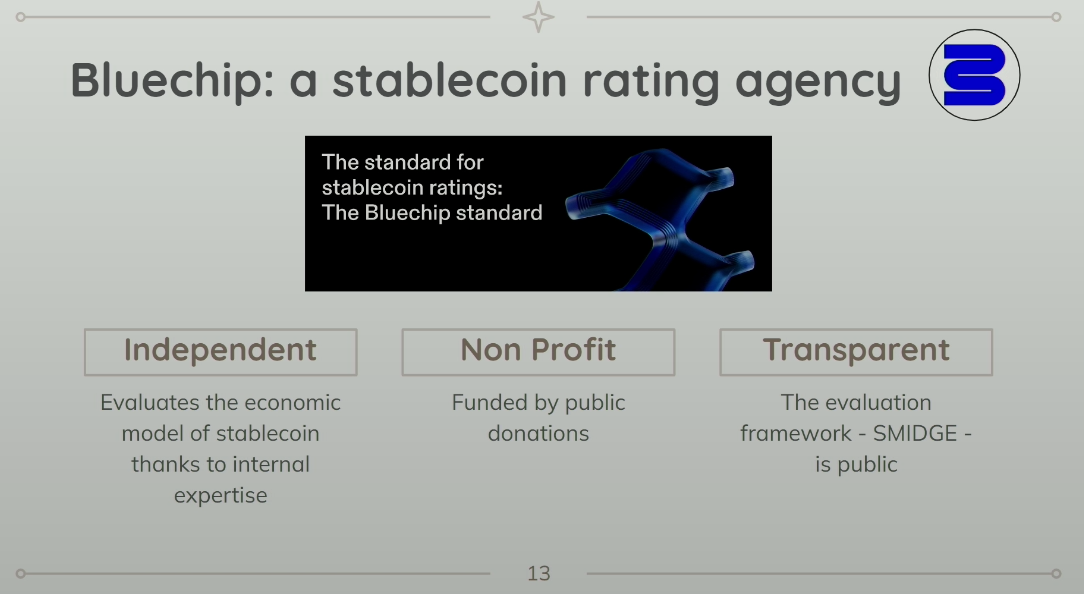The DeFi Collective's speech at EthCC
Source : https://ethcc.io/archive/From-Code-to-Collective-Mobilizing-for-DeFis-Autonomous-Fu

The core values
What is DeFi in the basic sense?


Some DeFi core values are obvious:
- Transparency for stress/panic situations
- Accessibility, we just need a wallet and an internet connection to be good to go
- Resilience and trustlessness, so DeFi does not need any intermediary
In short, DeFi must be seen as a Public Good. The problem is, that private actors or governments break those core values, by signing messages, KYC, or funding by Venture Capitals (VCs).
How have we strayed so far from the founding principles?

DeFi's current fate is similar to the internet in the early days. There was a big wave of optimism in the very early internet. People were finding it as a place to share about what they care about, learn things, and meet people.
30 years later, we end up with something that is quite far from what was envisioned back in the 90s.
How do you think you could save DeFi from a similar fate to Web2?


The tragedy of the commons suggests there is a disbalance between how a tool, a protocol can be used, how it's funded, and how much we care for it.
The key point to avoid a scenario like the tragedy of the commons is that we have pretty much everywhere around us, but blockchain is the kind of technology we need to solve it.
So the solution to save DeFi from a similar fate to Web2 is to have public institutions for DeFi.
Public institutions for DeFi

Public institutions like non-profit associations can solve the problem, because:
- It doesn't have to be for profit, because it's not a corporation
- It can tackle a mission of public interest, something that will benefit everybody and be auditable and transparent to all.
The stablecoin evaluation


Every stable issuer has an incentive to essentially promote its stablecoin as if it were the best one, and it's really hard as an external to get a proper evaluation of the situation.
So we have a non-profit independent stablecoin rating agency now, called Bluechip.org, that will provide you with with some ratings on the stablecoins on various dimensions.
This is a good example of a common problem that is solved with a shared common resource, knowing that other examples exist (e.g. L2BEAT for Layer 2s)
How to fund those institutions

There are several differences in how Web3 public institutions are made compared to web2 public institutions.
The thing is, "public institution" really captures this idea of building something that everyone can audit, can access in some ways, really geared towards solving a common shared problem.
The DeFi Collective


In this regard, the idea of the DeFi Collective is to act as a driving force in DeFi to identify and promote the most decentralized, trustless, immutable protocols.


The Collective has established a framework to evaluate the decentralization of projects:
- Onchain CeDeFi, which is not supported
- Monitoring, which can be supported if there's a decentralization plan carried out by the core team
- Genuine DeFi, which are the kind of projects the collective eagers to support
Building genuine DeFi protocols is very demanding, so the DeFi Collective has been created to support them.

The collective itself is a Swiss non-profit association, and it has documents and policies, that frame how it's operating.
It also is a self-sufficient structure, thanks to the yield it produces with its activity.



The Collective's goal is to "Use DeFi for better DeFi". In other words, scale up the capital invested by supporting projects to have more impact supporting genuine DeFi.


It's starting to look like a pretty complex infrastructure, but this is essentially the whole high level of everything we need to run something like the Collective.
There's a need for more support for the Collective, but also more public institutions that are tackling web3's core problems.
Questions & Answers
Can you talk a bit about how you support the projects and in which way?
- Liquidity management (strategy, directing emissions...)
- Governance
- Research
- Education
Is there a call to action? Are you looking for contributors?
TDC is still looking for contributors, especially "protocol analysts" to help with decentralization assessment of protocols. This role is good for those wanting to become "DeFi nerds" and level up their understanding.
What do you see as the main innovation in DeFi in the current landscape that interests you as The DeFi Collective?
Brice is more interested in practical tools for managing operations:
- Tools to manage Gnosis Safe
- Accounting tools
- Potentially some feature bank releases